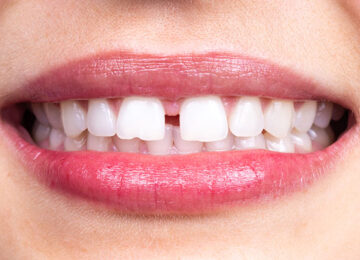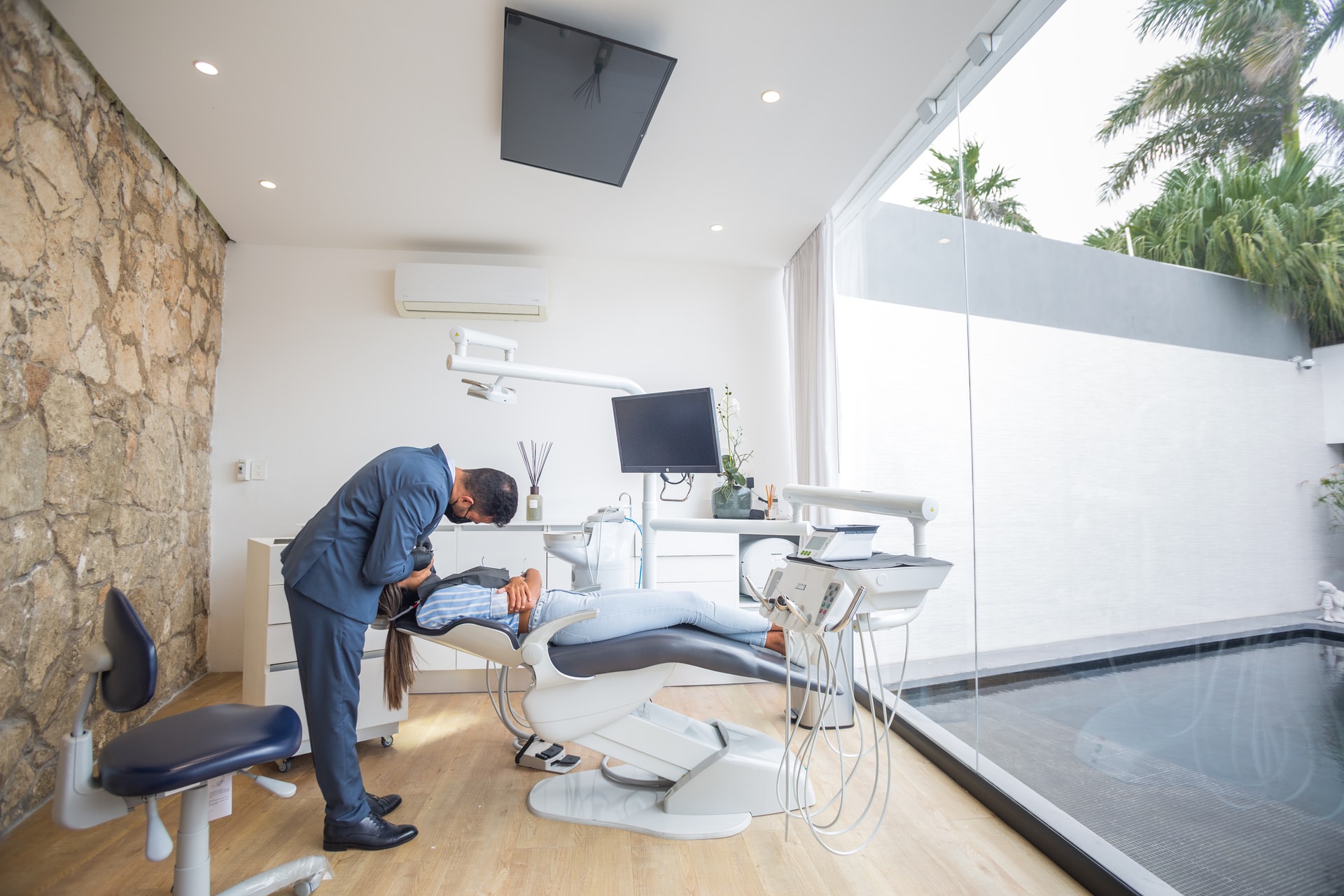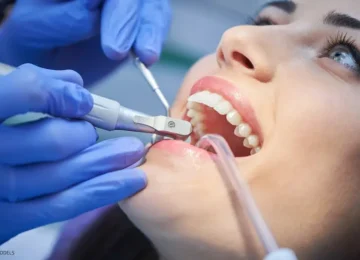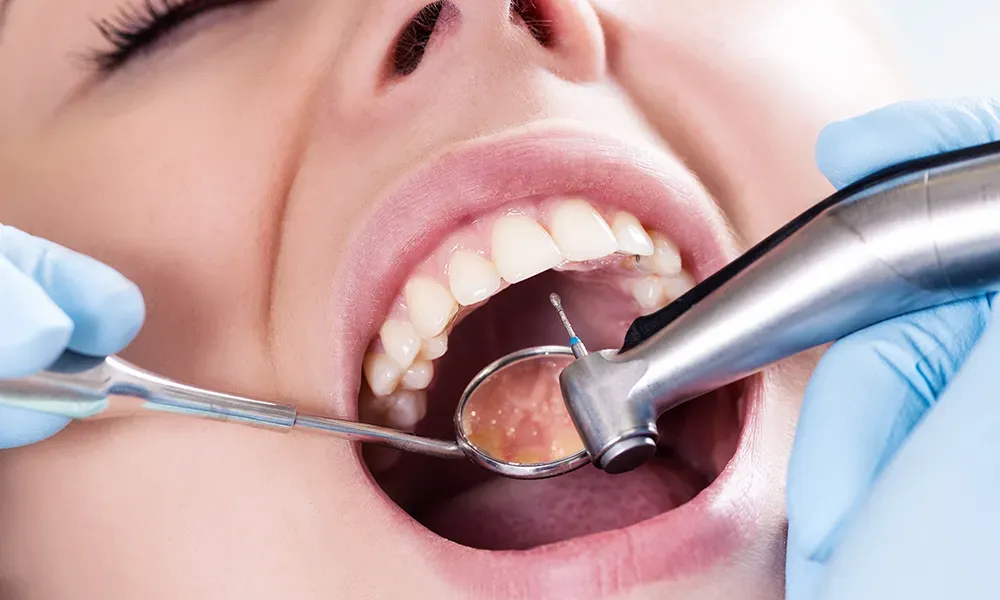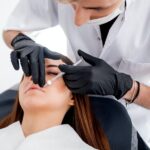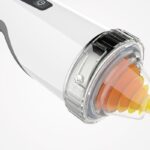
Just got your tooth extracted. Listed below are some things covering what you should and shouldn’t do following an extraction.
Do’s:
Relax and Rest
You may feel better than before, especially if the tooth had been bothering you, but try and take a rest. Avoid strenuous activities or do milder exercises for at least 24 hours. When sleeping, keep your head tilted and upright with a pillow.
Let It Heal
On the tooth extraction site, regardless of which part of your tooth it was, there’s going to be bleeding, and wait for the site to heal. It’ll clot and naturally heal. After the tooth extraction procedure, your Rockingham Dental Centre will hand you over a piece of gauze so you can bite it and put pressure over the said wound.
This will temporarily stop the bleeding but remember not to chew it off. If possible, keep the gauze in one place. Make sure that it gets changed at least every 30 minutes, depending on how much bleeding there is on the extraction site. You’d want to make sure that the area isn’t exposed, which is what the gauze is for.
When the blood clot occurs on the nerve endings, and capillaries may constrict resulting in a slower healing process. If after a few hours the bleeding still persists, try applying wet and cold teabag on the area. Black tea contains tannic acid which significantly helps with the clotting process.
Use Ice Packs
Cold compress can help reduce swelling and applying ice packs on the side of your cheek where the tooth extraction took place is a great idea. While this is not true for all dental extractions, there are some instances where patients experience cheek retractions, which means more swelling in the area after the procedure.
You may not immediately notice the swelling, but it may occur over the next couple of days – sometimes appearing on the 2nd or 3rd day. If possible, apply the ice pack within 24 hours after the operation even if swelling still hasn’t occurred. Apply the ice pack for 15 minutes with a 15-minute interval. Repeat for 1-2 hours.
Don’ts:
Do Not Smoke
If you’re a smoker, avoid lighting a cigarette for at least 2 days. Some cigarette chemicals, including nicotine, may have an effect on the clot and may result in a dry socket three to four days after the operation.
Avoid Eating Solids
You may still feel numb, but avoid eating hard, solid foods. Take soups and foods that are easier to chew. When your jaws are ready to take solids, that’s the perfect time to take them. Other examples of foods you may take are yogurts, mashed potatoes, smoothies and milkshakes.
Never Skip Medications
If you were prescribed with antibiotics, take them. Your dentist may also prescribe anti-inflammatory drugs and painkillers. These could help with the pain and keep the swelling down. If you continuously experience pain 2 days after the tooth extraction, and if you’ve noticed bleeding from the extraction site, then you should give your dentist a call.
Don’t Take Aspirins
Sure, we’re used to taking aspirin for almost anything, but avoid them after a procedure. Aspirin is a blood thinner and simply delays clot formation, which could also result in a delayed healing process. Only take medications that are prescribed by your dental professional. Before taking anything else, you may also want to confirm this with your medical doctor.
Avoid Sucking Altogether
Avoid eating, drinking from a straw, smoking, or eating solid foods. Foods that are soft in consistency are better after tooth extraction. You may also want to avoid spicy foods, drinking sodas and taking hot drinks like coffee.
Never Poke Between the Gaps
It may feel weird and awkward especially with the gap in between your teeth, but don’t ever try to poke it with your toothpick, tongue or any sharp object. This slows down the healing process, may result in bleeding and dry socket may also occur. If you are worried about the alignment or spacing after tooth extraction Orthodontics in Fleet are their to advise and help with further options.

